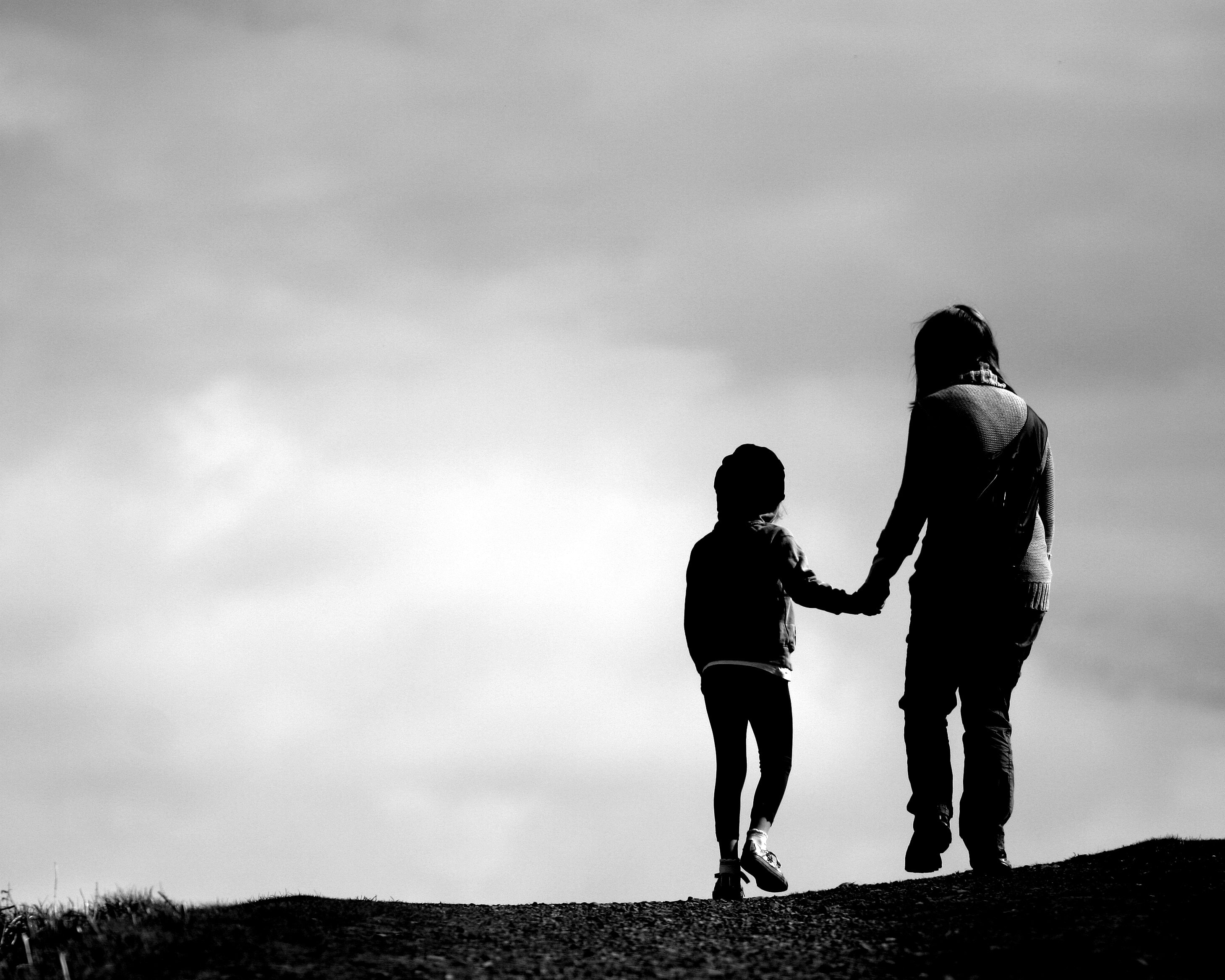This subject really pisses me off. I feel that if I talk about it, even though it applies to me, I won’t be able to accurately describe it or the stigma that surrounds its existence. What I’d really like to discuss in this week’s segment is mental illness and the negative views our society has about it.
Since I was about fifteen years old, I’ve struggled with anxiety and depression. These two illnesses often occur simultaneously and fortunately many medications like citalopram and duloxetine are FDA approved to treat both anxiety and depression at the same time. Great news right!? It may seem that way, but it can take months or even years to find a medication that specifically works for you. Also, if you don’t have any health insurance, the copays for visits to the doctor and fees for pharmaceuticals can pile up like the mound of dirty laundry many of you have in your rooms. Even worse is the fact that studies show around two-thirds of people with mental illness do not actively seek help because they fear they will be judged or stigmatized.
Mental illness is insidious. For me, it slowly began to appear after tenth grade and really began to affect me my junior year in high school. Before, I was a very happy, confident, outgoing person who really thought of the world as a positive place and saw human nature as generally good. Eventually, I began to feel like I had less energy during the day, and at night, I had a very hard time trying to fall asleep. Then, a series of consecutive bad turns in my life turned my maladies into a vicious cycle. I lost my appetite when I began worrying, which was constantly, and my motivation was drained from me. After a while, I began to detest school and started having thoughts of suicide. My friends ended up ignoring me and outright avoiding me because I began to act like a different person.
Often times depression is seen as a sign of weakness.
Though mental illness took me into much darker places than I’ve described, I’m not going to use the rest of this segment to rant about my life. The subject I’m most interested in is the stigma that mental illness has in our society. In Latin, a stigma is a brand or a mark; similarly, in English, a stigma is also a mark– a mark of disgrace or a label laden with a negative connotation.
Aside from the boat loads of research that has been done on this topic, the media continually portrays mental illness as a trait of dangerous individuals.
Often times depression is seen as a sign of weakness. A 2006 study in Australia found that almost a quarter of those surveyed saw mental health as a signifier of weakness and would not employ someone with a mental illness. About 42% said that they believed a person with depression is unpredictable and around a third stated that they would not vote for a politician who had depression.
Aside from being completely baffled and enraged after reading these statistics, I wondered why there was such a bad connotation attached to mental illness. Hell, some of the most famous people of the last two hundred years had symptoms or diagnoses of some sort of mental illness. Ernest Hemingway, Charles Dickens, and Abraham Lincoln have all been said to have had some sort of depression. Beethoven and Vincent Van Gogh were both bipolar and still managed to reach the upper echelon of their respective fields.
I believe it to be a combination between lack of education on the topic and the media’s portrayal of those suffering from mental illness. Cheryl K. Olson Sc.D., who is the co-director at the Center for Mental Health and Media at Massachusetts General Hospital Department of Psychology, has stated, “Studies have found that dangerousness/crime is the most common theme of stories on mental illness… research suggests that mentally ill people are more likely to be victims than perpetrators of violence.”
The isolation this stigma forces on people stricken with these maladies is counter-productive.
Research done in 2009 by Eric B. Elbogen, Ph.D. and Sally C. Johnson, M.D. found that mental illness alone does not predict violent behavior. They claim that other factors such as substance abuse, the presence of stressful situations, etc. most likely play a significant role in violent behavior.
Aside from the boat loads of research that has been done on this topic, the media continually portrays mental illness as a trait of dangerous individuals. Whether it’s the 15 year old girl who stabbed a girl 25 times and the victim’s friend once for trying to help or the Germanwings pilot Andreas Lubitz who killed 150 people in March by intentionally crashing a plane into the Alps, the media outlets continued to harp that the perpetrators were taking medication for mental illnesses.
Cases like these and fear of discrimination are some of the reasons why a majority of people with mental illnesses won’t seek out help. The isolation this stigma forces on people stricken with these maladies is counter-productive. If you have any friends or family members with a mental illness, don’t be afraid to reach out to them; don’t force them to tell you about it, but let them know that you can be a form of support for them. Thanks for reading, and please recycle this paper when you’re done with it. Vale!
-Sean Kehren
